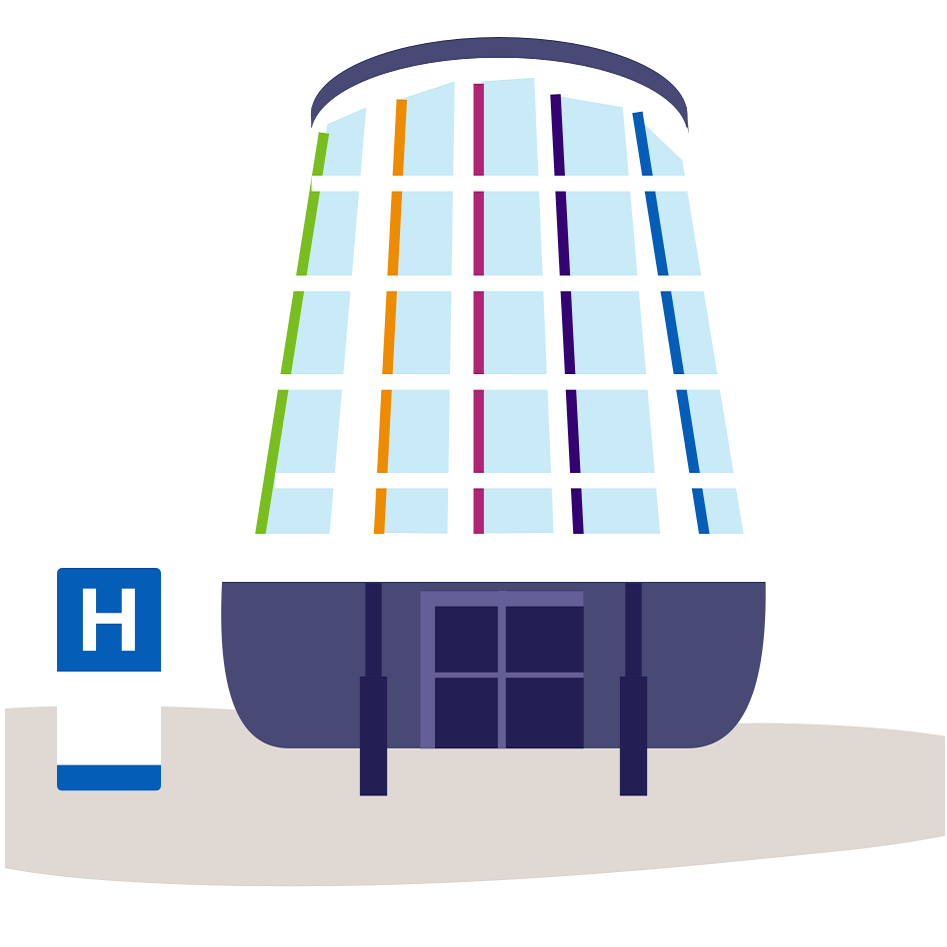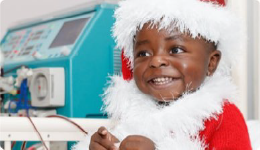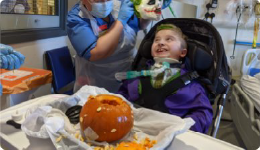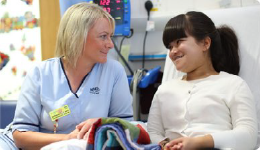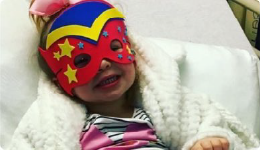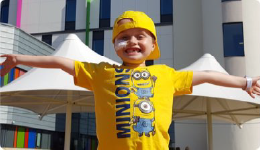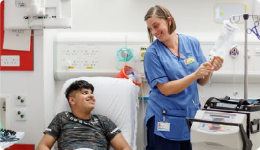There are lots of different reasons for a child or young person, with a diagnosed medical condition, and their family, to come to see a Clinical Psychologist. Children and young people who have been referred will be experiencing difficulties with their thoughts, feelings, behaviours and ability to cope. These difficulties will be as a result of their medical condition and/or will be impacting on their ability to manage their condition. Some of the most common reasons for referral are listed below.
Emotional Distress
Having a medical condition can sometimes make a child or young person feel anxious or scared, either about coming into hospital or about how to cope in daily life. Sometimes there are fears about the future, and how best to manage things. It often takes time to understand and accept a diagnosis or injury. Sometimes there will be feelings of anger, sadness and grief over the changes to life.
Adjustment
Sometimes children can become worried about their treatments, or just struggle to take their medication. It can take time and energy to stick to a medication regime. This can be harder still when it means time away from doing things that are fun or where you feel different or separate from your peers. Sometimes there are changes to how a child or young person looks or feels in their body, and adjustment to this can take time.
Acceptance
At other times it might be hard for a child and family to learn to accept and cope with living with a medical condition. Having a new diagnosis often means a big change to life for the whole family. There can be mixed feelings about these changes.
Trauma
Occasionally children and young people may be affected by traumatic events which have occurred at the time of diagnosis or injury or following complicated procedures. In the immediate aftermath of sudden scary events, distress and anxiety are normal responses. However, sometimes, after a longer period of time, the memory of these events can still trigger feelings of distress and can begin to interfere with day to day functioning.
Parental and Family Support
When a child or young person has become unwell or is given a new diagnosis, or where complex decisions must be made, parents can often benefit from the opportunity to reflect upon events and receive emotional support. We are also aware of the impact that a child with a medical condition can have on siblings within a family. Where possible we try to involve the whole family when offering support and advice.
Procedural Distress
The Play Specialists in the RHC do a lot to support children and young people with worries and understanding procedures but sometimes Clinical Psychology is needed too. Children or young people can often feel very anxious and distressed about having medical procedures, attending clinics or receiving feedback at clinics e.g. some young people with Diabetes feel really worried when attending clinics to discuss their HBA1C levels. This can often mean worry in the lead up to hospital appointments and finding it difficult to relax once they get here. Sometimes this can make them not want to come for procedures or attend clinics, or feel very upset when undergoing treatments.


